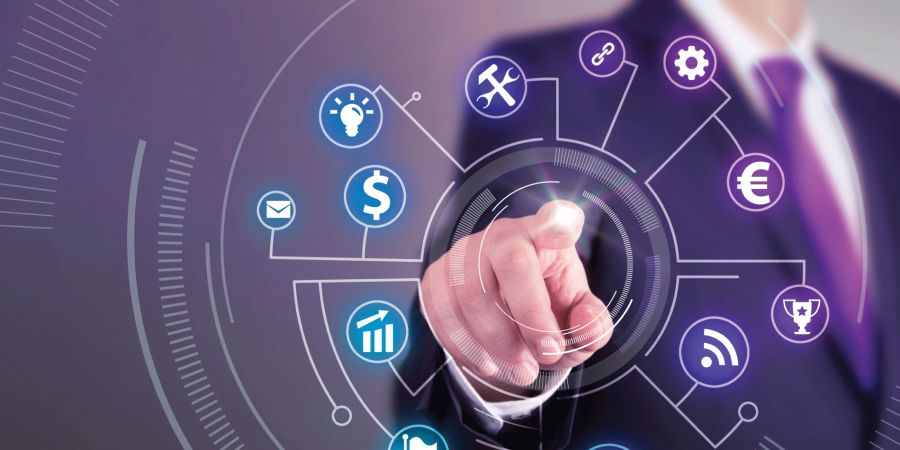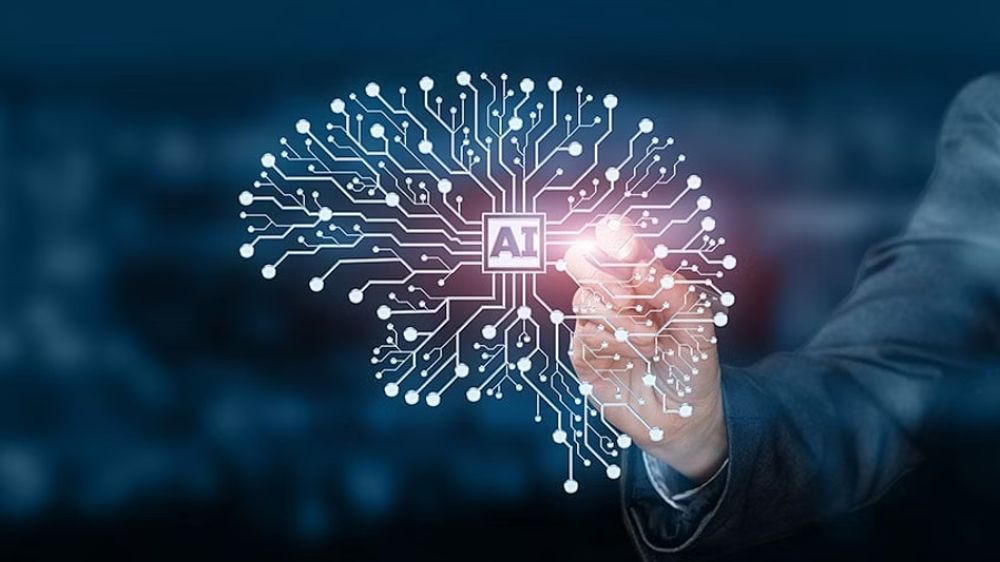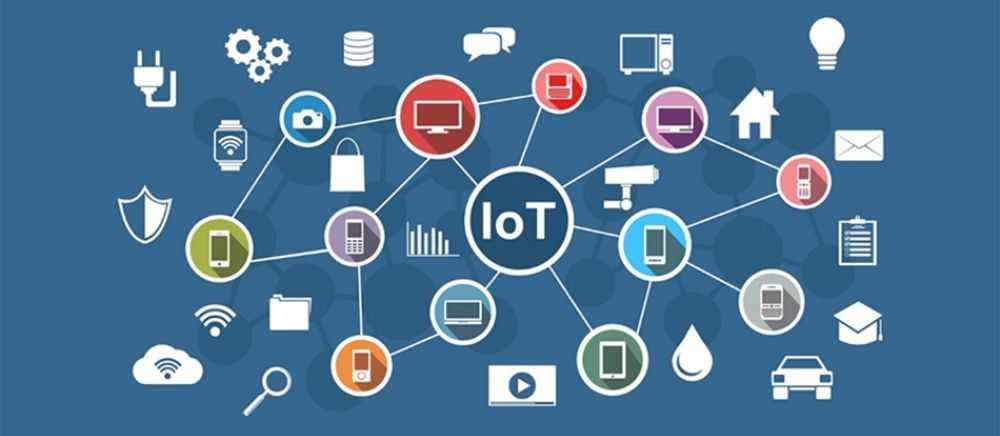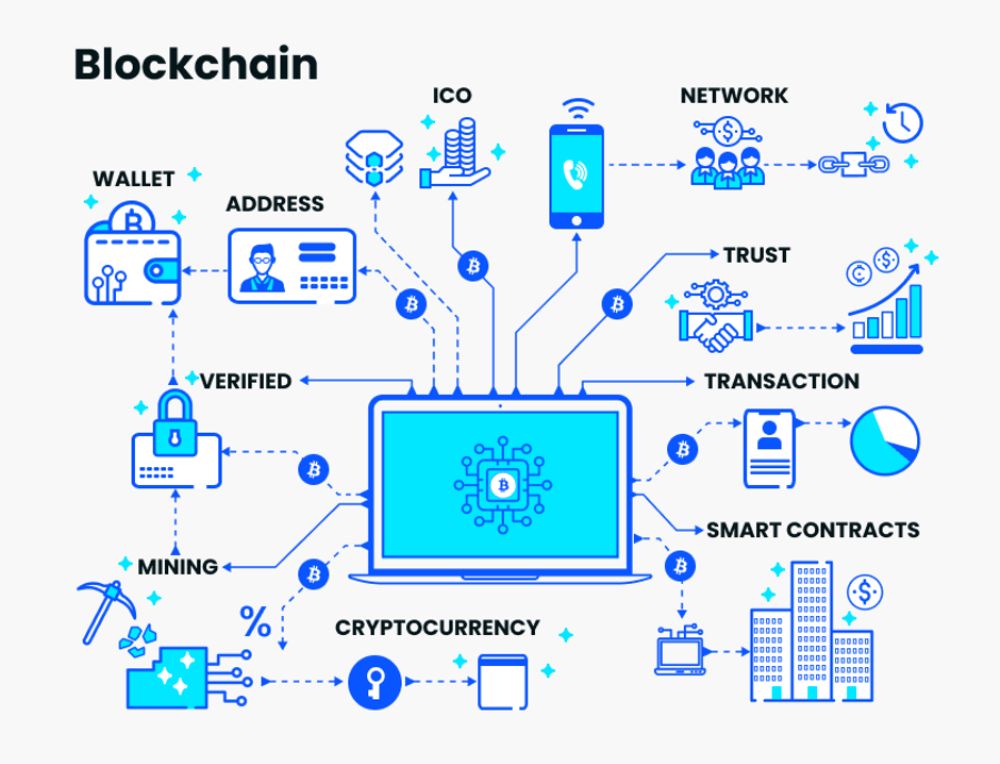

Hello friends, In this blog we are going see about the top five technology that emerging in future, So let we go to the topic

Artificial intelligence (AI) is the emulation of human intellect in machines that have been designed to carry out operations like speech recognition, decision-making, and natural language processing—activities that traditionally require human intelligence. The creation of computer software and algorithms for AI technology enables machines to learn from data and continuously improve their performance. There are several industries where AI can be used, including healthcare, banking, transportation, education, and entertainment.
The future scope for AI is vast and varied, with countless potential applications and opportunities for innovation. Here are some of the key areas where AI is expected to have a significant impact in the coming years:
Overall, the scope for AI is expanding rapidly, and its potential for improving productivity, efficiency, and quality of life.

The term "Internet of Things" (IoT) describes a network of actual physical objects such as cars, appliances, and other household things that are equipped with sensors, software, and connectivity to collect and share data. Internet-based communication between IoT devices and other systems enables them to monitor and manage numerous operations in real-time. In a variety of industries, including manufacturing, healthcare, transportation, and agriculture, the data produced by IoT devices can be analysed to acquire insights and optimise operations. The Internet of Things (IoT) is anticipated to significantly alter how we live and work by enabling increased productivity, automation, and connectivity across a wide range of spheres.
The future of IoT is bright and full of potential. With the proliferation of connected devices and advancements in technology, IoT is expected to continue to grow and evolve, with the following trends likely to shape the future of IoT:
Overall, the future of IoT looks promising, with the potential to transform the way we live and work, from improving efficiency in manufacturing to enabling smart homes and cities.

Cybersecurity is the process of preventing unauthorised access, theft, and damage to computer systems, networks, and sensitive data. To safeguard digital data and stop cyberattacks, it combines a number of technologies, procedures, and practises. Cybersecurity aims to protect the availability, confidentiality, and integrity of digital assets.
The future of cybersecurity technology is constantly evolving to keep up with the increasing sophistication of cyberattacks. Here are some of the key areas where cybersecurity technology is expected to develop in the future:
Overall, the future of cybersecurity technology is likely to involve a combination of these and other advanced technologies, as well as increased collaboration between cybersecurity professionals, researchers, and technology providers to develop new and innovative solutions to combat cyber threats.

Blockchain is a digital ledger technology that is used to securely and transparently store and record transactions. It was created for the cryptocurrency Bitcoin, but it has subsequently been embraced for a variety of uses other than financial transactions.
Transactions in a blockchain system are recorded in blocks that are linked together in a chronological chain. Each block contains a unique code, known as a "hash," which confirms the block's integrity and connects it to the preceding block in the chain. This results in a decentralised and distributed ledger maintained by a network of nodes rather than a centralised authority.
Transparency is a key component of blockchain technology. Every member of the network may observe the transactions that are recorded on the blockchain since the ledger is shared among a network of nodes. This can promote more responsibility and trust, as well as safer and more effective transactions.
The future of blockchain technology is very promising, and it has the potential to revolutionize the way many industries operate. Here are some of the ways that blockchain is expected to develop in the future:
Overall, the future of blockchain technology is very exciting, and it has the potential to transform many industries by providing more efficient, secure, and transparent solutions.

A type of computing known as quantum computing manipulates data using quantum-mechanical phenomena like superposition and entanglement. Unlike quantum computing, which employs quantum bits (qubits) that may exist in several states simultaneously, traditional computing uses bits that can only be in one of two states (0 or 1). This enables quantum computers to carry out some computations significantly more quickly than conventional computers.
Despite these difficulties, there is great enthusiasm about how quantum computing has the potential to revolutionise a variety of industries. Topological qubits and error-correcting codes are two new technologies being actively developed by researchers in an effort to address these issues and improve the usability and accessibility of quantum computing.
The future development of quantum computing is expected to be very exciting, with the potential to transform many fields. Here are some of the key areas of development for quantum computing:
Overall, it is expected that the development of quantum computing will be greatly exciting and have the potential to revolutionise a wide range of industries, including banking, healthcare, energy, and transportation.
